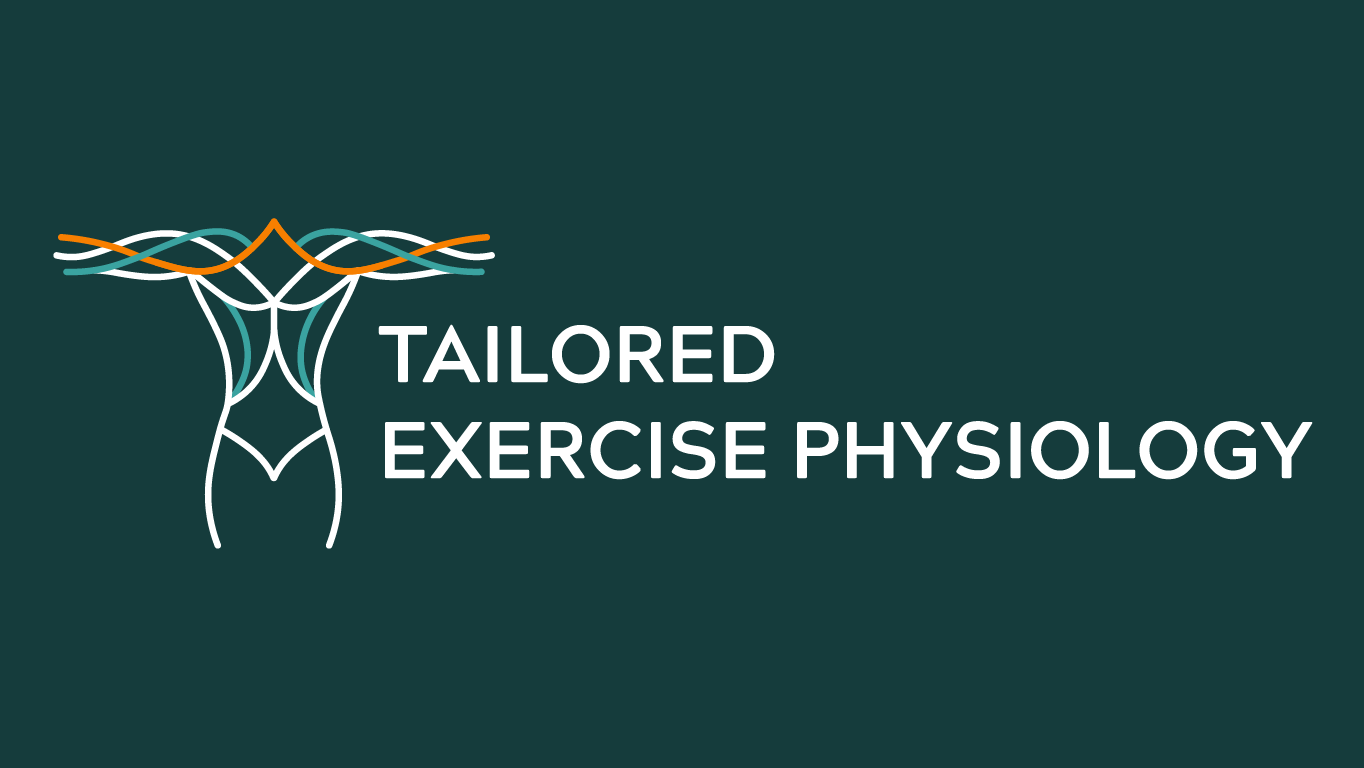Why chronic back pain should be treated differently to acute pain.
In the hustle of modern life, neck and lower back pain have become unwelcome companions for many. Typical issues include desk jobs, high screen time, improper lifting and carrying, and labour heavy jobs. In more serious cases, neck and back pain can arise from serious injury or an accident.
While many experience occasional back pain, some cases persist for months or intermittently over years, requiring a distinct treatment approach.
Today we will explore holistic treatment for back pain that keeps coming back.
In these cases, treatment strategies start to focus on encouraging a long-term solution. It’s not just about temporary relief; it’s about crafting a strategy for the long haul. Since symptoms are persistent, the goal is not merely to alleviate pain but to enhance functionality, offering a roadmap for self-management and pain relief.

Understanding Unseen Pathways to alleviate chronic back pain and chronic neck pain:
Chronic back pain is not static. It evolves over time and can affect our physical and emotional landscape. A long-term rehabilitation approach therefore identifies the evolving nature of chronic pain and the contribution of neural pathways that intensify the perception of pain over time.
The ultimate goal of this type of approach is improved long-term outcomes. These include improvements to quality of life, increased participation in daily activities, managing the emotional burden of chronic pain and empowering you to self-manage with home treatment for lower back pain should it reoccur.
Holistic Treatment for Back Pain
An exercise physiologist becomes integral in this process as they take a unique holistic approach to pain management. They assess movement quality and specifically movements which may be causing discomfort. Careful consideration of your lifestyle will also reveal aspects of life which may be contributing to your symptoms, and which may be adjusted to minimise its prevalence.
From here a movement programme can be identified by the health professional which aims to improve flexibility, strength, and functional outcomes and therefore improve overall symptoms and daily living.

Exercise Physiology is not the only avenue for rehabilitation. In fact, there are many relevant, reliable and valid rehabilitation protocols as well as semi-invasive and invasive approaches which can be effective depending on your specific problem. Exercise Physiology offers an opportunity for self-management of chronic or repetitive pain which can be used in isolation or in conjuntion with other approaches.
If you feel as though your progress has plateaued, if you are stuck in a pain cycle, or if you experience occasional flare-ups for no apparent reason, an exercise physiologist might be a worthy investigation due to their expertise in optimal physiological adaptations and movement quality.
Contact us to see how our experienced Exercise Physiologists can help you.


